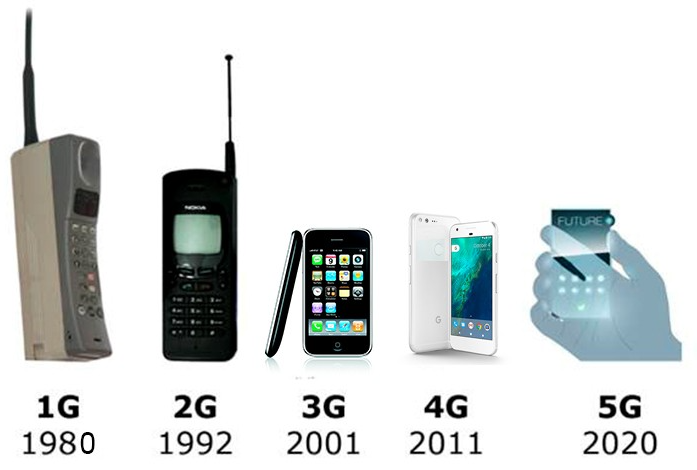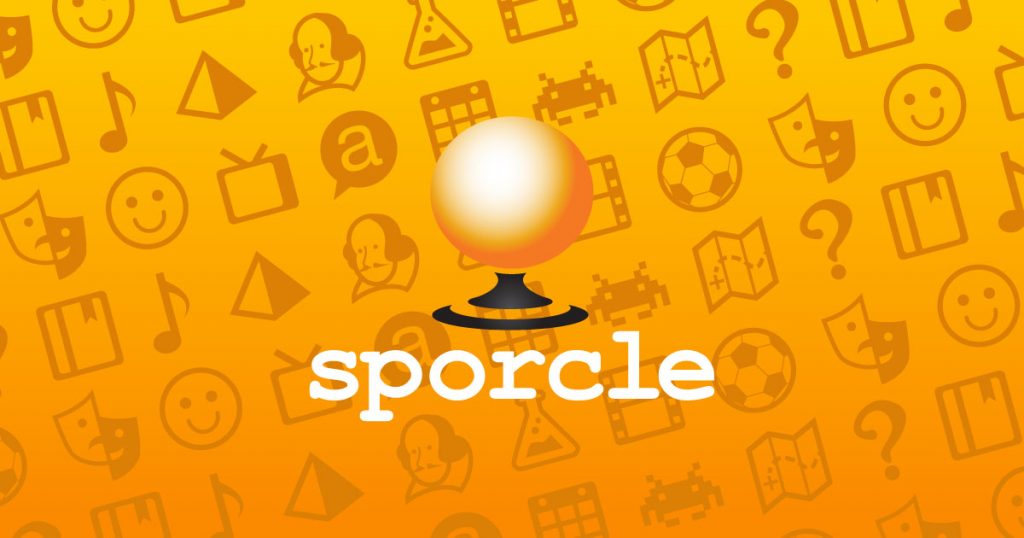And, as every year …
“Words of the Year” (or WOTY) offer a perspective on what interested people in the year past. Some words are chosen by linguistic institutes (like the American Dialect Society – Wikipedia in the US, comparable to the ‘Gesellschaft für Deutsche Sprache‘ in Germany), others by dictionaries that choose according to which words or expressions were looked up most on their websites. Some words reflect social or cultural trends, others refer to news topics or topics that seem to have dominated media throughout the year.
Continue reading













